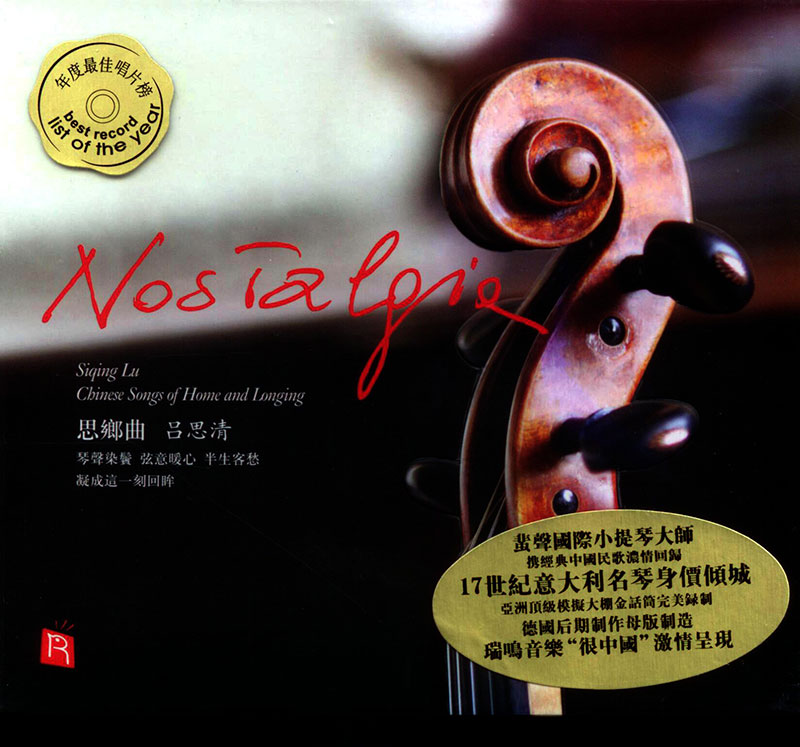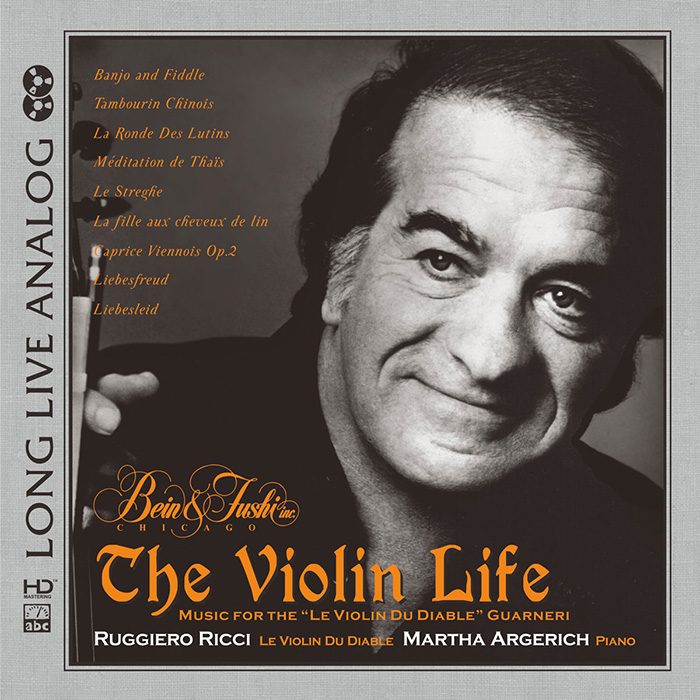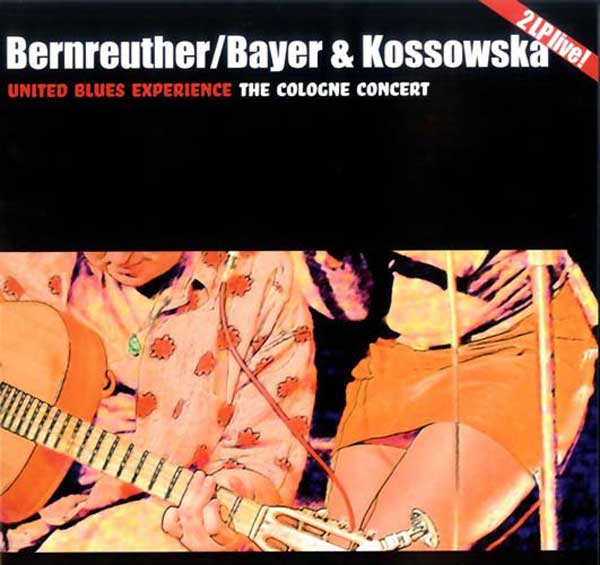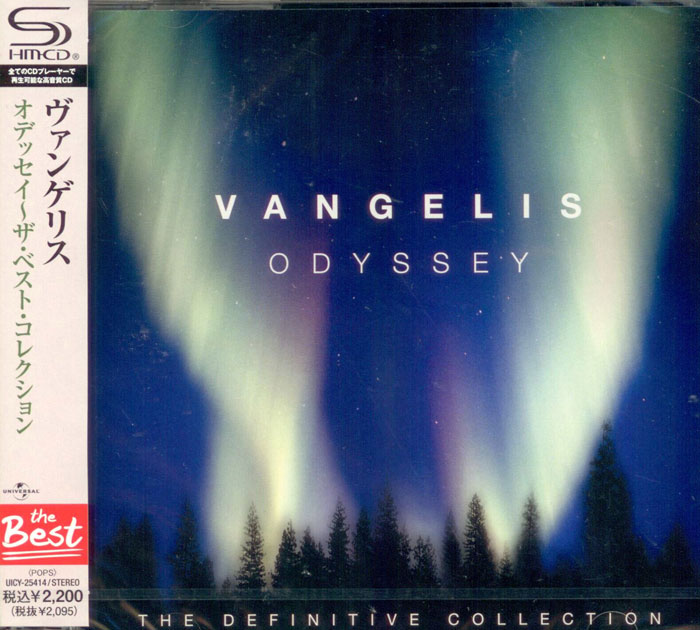Logowanie
OSTATNI taki wybór na świecie
Nancy Wilson, Peggy Lee, Bobby Darin, Julie London, Dinah Washington, Ella Fitzgerald, Lou Rawls
Diamond Voices of the Fifties - vol. 2
Tylko 1000 egzemplarzy!!!
DVORAK, BEETHOVEN, Boris Koutzen, Royal Classic Symphonica
Symfonie nr. 9 / Wellingtons Sieg Op.91
nowa seria: Nature and Music - nagranie w pełni analogowe
Petra Rosa, Eddie C.
Celebrating the art and spirit of music - vol. 3 - Pure
warm sophisticated voice...
Peggy Lee, Doris Day, Julie London, Dinah Shore, Dakota Station
Diamond Voices of the fifthies
Tylko 1000 egzemplarzy!!!
SAMPLER - STS DIGITAL, Buddy Tate, Milt Buckner, Walace Bishop
Jazz Masters - Legendary Jazz Recordings - v. 1
proszę pokazać mi drugą taką płytę na świecie!
Chesky! Niezmiennie perfekcyjny
Winylowy niezbędnik
ClearAudio
Double Matrix Professional - Sonic
najbardziej inteligentna i skuteczna pralka do płyt winylowych wszelkiego typu - całkowicie automatyczna
Lv Siqing
Nostalgia - Chinese Songs of Home and Longing
- Li Yinghai - Under the Silver Moonlight, song 3:07
- Liu Zhuang - Dark Sky, for violin & piano (after a Taiwanese folk song) 1:26
- Gang Chen - Sunlight over Tashikugan, tone poem for violin & piano 6:59
- Liu Zhuang - Flowers in the Rainy Night, for violin & piano (after a Taiwanese folk song) 2:55
- Liu Zhuang - Recalling the Past, for violin & piano (after a Taiwanese folk song) 1:26
- Liu Zhuang - Sunset at Danshui, for violin & piano (after a Taiwanese folk song) 3:28
- Ma Si-cong - Inner Mongolian Suite (Suiyuan Suite), for violin & piano, Op. 9 : Song of Nostalgia 5:46
- Mao Yuan - Joy of Spring (or Spring Celebration), for violin & piano 2:39
- Sha Hankun - Grassland Madrigal, for violin & piano 4:46
- Lei Zhenbang - Why the Flowers Are So Red?, song (from the film "Guest on an Iceberg") 4:35
- Wang Luobin - In a Faraway Land, song 2:25
- Li Zhi Li - Fisherman's Festival Song, for violin & piano 6:23
- Lv Siqing - cello
Zachodnie instrumenty, ich rewolucyjna funkcja w Państwie Środka
Throughout the 20th century, two western musical instruments came to dominate China’s often turbulent cultural landscape: the Piano and the Violin. The violin and its antecedents had been known in China since the 17th century, brought there by the Jesuit missionaries. However, along with the other western “novelties” provided by the priests, these instruments were never heard outside the Forbidden City. It was not until the mid-19th century, along with the treaty ports and concession territories that violins were heard publicly and much later before a Chinese would even play the violin. The first to do so was Tan Shuzhen, who was the first Chinese recruited by conductor Mario Paci to join the orchestra in colonial Shanghai. With Tan Shuzen, the glass ceiling was shattered and the violin entered Chinese musical culture for all time. Prior to the introduction of the western violin, China has its own tradition of bowed string instruments in the form of the erhu family. The erhu is a two-string knee fiddle and exists in numerous regional variants. Owing to their similar ranges, the Erhu and the Violin were often regarded as interchangeable as a solo instrument and many compositions exist in parallel editions for both instruments. Even the famous “Butterfly Lovers” Concerto FIRST existed as an Erhu Concerto! Our current program features a selection of some of the most popular Chinese violin encores. Each piece was been inspired by the rich musical traditions of China’s ethnic minorities, whether as direct transcriptions (the four Taiwanese folk songs arranged by Liu Zhuang and Under the Silver Moonlight), or through quoting actual folk songs (Spring Celebration, Grassland Madrigal, Fisherman's Festival Song) or newly composed based on folk materials (Song of Nostalgia, Sunlight over Tashikugan, In a Faraway Land, Why the Flowers are so Red), these pieces provide tantalizing glimpses into China’s colorful musical tapestry. “Nostalgia” marks the Rhymoi Music debut of internationally-acclaimed young violinist, Lu Siqing. Hailed as a prodigy from the age of seven, Lu Siqing has gone on to achieve tremendous critical success. From his being personally selected to apprentice with the great Yehudi Menuhin to his becoming the first Chinese violinist to be sponsored by the Stradivari Society of Chicago, Lu Siqing has commanded global recognition wherever he performs. Throughout his career, Lu Siqing has enjoyed a long identification with the violins crafted by the Master of Cremona – Antonio Stradivari. And for his Rhymoi debut, he has chosen to perform on a priceless Stradivari instrument graciously loaned to him by the Chi-Mei Museum of Taiwan. Both the ageless beauty of Stradivari’s craftsmanship and Lu Siqing’s impeccable performances have been masterfully engineered by China’s Wizard of Sound, Li Xiaopei at the state-of-the-art facilities of CCTV’s 480 Sq. Meter Recording Studio. The result? A perfect symbiosis of East and West! The management and staff of Rhymoi Music hope that this journey into the riches of China’s colorful violin music will transport you to far away lands, and even provide a relaxing soundtrack for your own dreams and nostalgia.

































